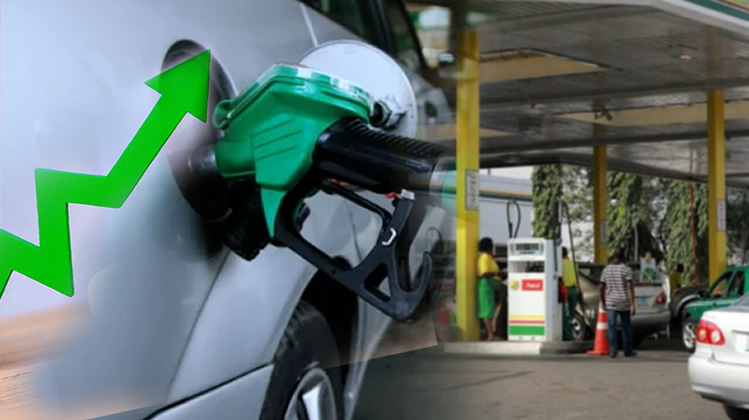The Crude Oil Refinery Owners Association of Nigeria (CORAN) asserts that the current plunge in global crude oil prices presents an opportunity for substantial reductions in domestic petrol prices. They argue that if crude oil prices were to reach $50 per barrel, petrol could be sold at N350 per litre in Nigeria. This optimistic projection contrasts sharply with the current upward trend in petrol prices, which have recently reached N920 to N970 per litre. CORAN attributes this discrepancy to several factors, primarily the discontinuation of the naira-for-crude swap deal, the influence of middlemen, foreign exchange fluctuations, and logistical costs. They believe the naira-for-crude policy is crucial for stabilizing the naira and ensuring Nigeria’s energy security.
CORAN contends that the naira-for-crude deal, implemented in October by the Nigerian National Petroleum Company Limited (NNPC) with Dangote Refinery, was instrumental in initially driving down fuel prices. The deal involved supplying Dangote Refinery with crude oil in naira, bypassing the need for dollar transactions and mitigating the impact of exchange rate fluctuations. CORAN attributes the recent surge in petrol prices to the discontinuation of this pilot program, which they believe would have significantly lowered petrol prices if sustained. They fear that without the naira-for-crude swap, the positive impact of lower global crude prices won’t be felt by Nigerian consumers.
The association points fingers at middlemen, who they accuse of prioritizing personal profit over national interest. These intermediaries, CORAN argues, act as agents connecting Nigerian consumers with international traders, profiting from fixed prices and lacking any vested interest in the long-term stability of the Nigerian fuel market. Because these middlemen don’t face the same risks as refinery owners, they are insulated from the fluctuations in global crude oil prices. Their focus on short-term gains, according to CORAN, contributes to the inflated prices faced by Nigerian consumers, even when global crude prices fall.
Further exacerbating the situation, according to CORAN, is the dependence on foreign exchange for importing refined petroleum products. Fluctuations in the naira’s value against the dollar significantly impact the landing cost of petrol, which is the cost of importing the fuel into Nigeria. Even with lower crude oil prices globally, a weaker naira can negate those savings, leading to higher petrol prices for consumers. This, coupled with the logistical costs associated with shipping refined products, creates a complex pricing structure that doesn’t always reflect the global market trends.
CORAN expresses concern that certain individuals are actively working against the success of local refining to maintain their reliance on imports. They believe the naira-for-crude initiative threatened the profits of these importers, prompting them to lobby against the policy. CORAN stresses the importance of local refining for Nigeria’s energy security and affordability, emphasizing that increased domestic production would reduce reliance on imports and the associated vulnerabilities to foreign exchange fluctuations and global market volatility.
The recent downturn in global oil prices, driven by factors such as US import tariffs, OPEC+ supply increases, and escalating US-China trade tensions, presents a stark contrast to the rising fuel prices in Nigeria. While benchmark Brent crude fell below $65 per barrel for the first time since 2021, petrol prices in Nigeria continued to climb. This underscores the disconnect between global crude prices and the prices at the pump for Nigerian consumers. CORAN advocates for the reinstatement of the naira-for-crude deal as a key step towards achieving more affordable and stable petrol prices, maximizing the benefits of lower global crude prices, and ensuring Nigeria’s energy independence. They urge the government to prioritize the long-term benefits of local refining over the short-term interests of those profiting from the current system.














